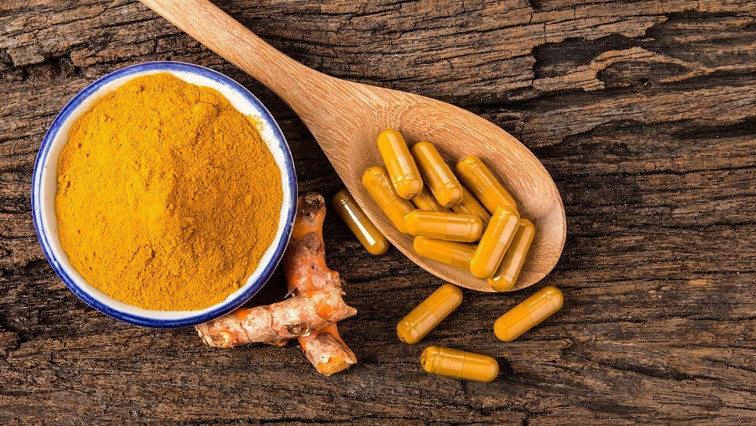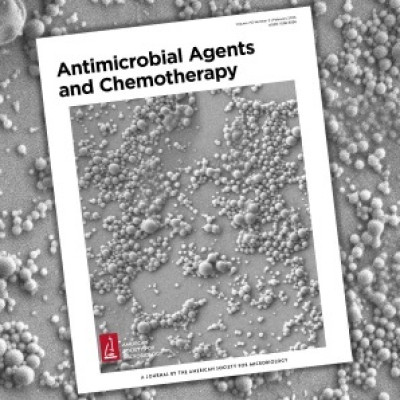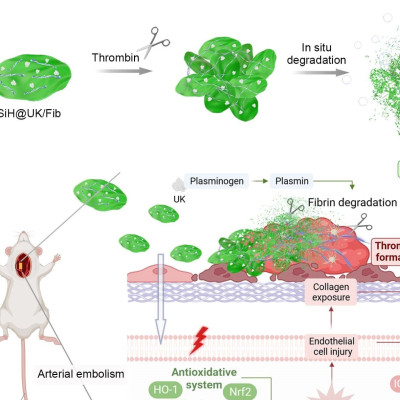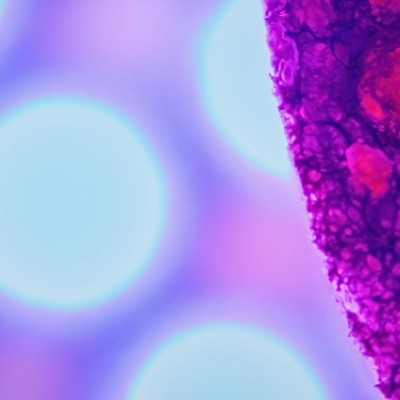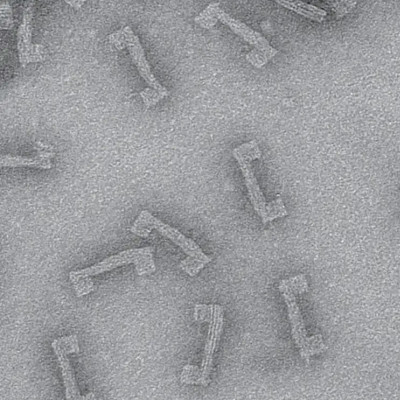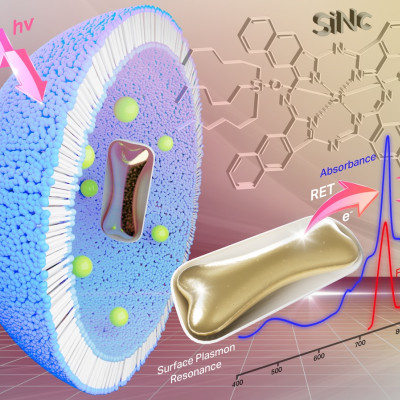RNA interference (RNAi), a gene silencing approach, is a promising tool for targeted and focused therapy for chronic diseases like cancer. The lack of safe and effective delivery methods for RNAi molecules is one of the key challenges against using RNAi-based therapy in biological systems.
Dr. Lekha Dinesh Kumar and her group at CSIR-CCMB, in collaboration with the Polymer Science and Engineering Division at CSIR-NCL, have developed nano-curcumin structures (derived from turmeric) to encapsulate the RNAi (Ephb4 shRNA) and other molecules that aid in targeting specific tissues.
The proposed bio-drug is non-toxic, bio-compatible with a higher uptake efficiency, and shows effective site-specific delivery with regression of tumors in two different mouse models of colon and breast cancer.
"The use of curcumin, a well-known nutraceutical with high anti-cancer and anti-inflammatory properties with RNAi showed tumor retardation with six months survival in aggressive models of colon and breast cancer," said Dr. Kumar. This work has been published in the journal Nanoscale.
In another study with the School of Nanosciences, Central University Gujarat and Centre for Advanced Materials and Industrial Chemistry, RMIT Australia, they designed an eco-friendly and pH-responsive dietary fiber inulin-based nanodevice to target colon cancer.
This device suggests the possibility of substituting synthetic substances with natural compounds in bio-drug formulations for better bio-degradability, tissue accumulation, and lesser toxicity. The results from this work have been published in the journal Nanomedicine.
Dr. Kumar said, "In our studies, we have demonstrated that RNAi combined with appropriate targeting agents and encapsulations made of natural biomaterials have high translational capacity in mice models of cancer. This group of bio-drugs can revolutionize the field of cancer therapeutics in the future. It should be assessed in other cancer model systems to bring out the utility of these therapeutics in the clinical trials."
Read the original article on ANI News.

